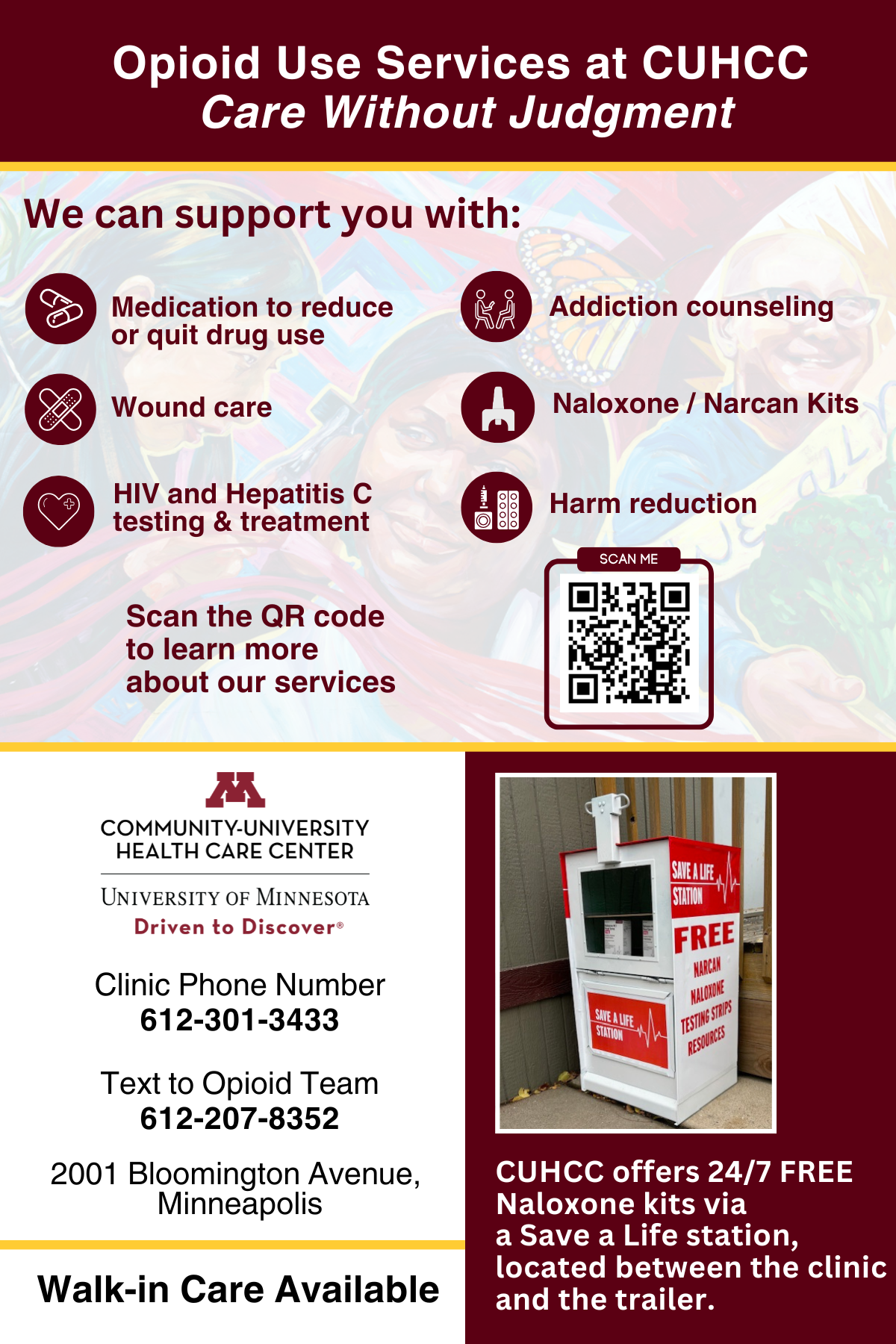By JOHN CHARLES WILSON
Note: This column was written between the times Governor Walz announced the lifting of the Stay at Home order and the change taking effect.

Metro Transit has decided to continue running a Saturday schedule on weekdays and not running buses or light rail late at night, even after the Stay at Home order is lifted, and the restriction to “essential trips only” is still in place. Even though it will be legal to go out for any purpose, you are still not supposed to ride transit unless it is necessary. The only change is that wearing face masks will be required on Metro Transit as of 18 May. However, there will be no enforcement of this rule unless non-compliance becomes a major problem.
It remains to be seen whether the schedule change which normally takes place in June will happen this year. With Metro Transit running a limited schedule anyways, they might decide there is no point to it.
The transit situation everywhere is dire. It is expected that many “choice” riders (people who use transit by choice rather than being “transit dependent”) won”™t be coming back to the bus or train for a long time after the coronavirus crisis is over. This is partly due to more people working from home and more people choosing to drive because it feels more “safe” and “sanitary”.
This has several implications which are not good:
- Transit will be seen more as a “welfare” system for the poor, children, people with disabilities, and senior citizens and less as a public service for everyone.
- What little non-user support there is for transit is in danger of drying up, especially if the meme that buses and trains are “unsanitary” is added to the meme that they are “dangerous.” Good-bye, state funding!
- Service will probably be more concentrated in inner cities and access to suburbs by transit will become even more dismal than it is now.
- The stigma against people who still use transit will increase.
We need to be proactive in fighting the “new normal” before it hits. Wearing masks and keeping transit vehicles and facilities clean is just the beginning. More highly visible cleaning and security staff (not full-fledged police; more like combination conductor/janitors) on transit vehicles and at facilities will probably also help to make skittish people more comfortable.









